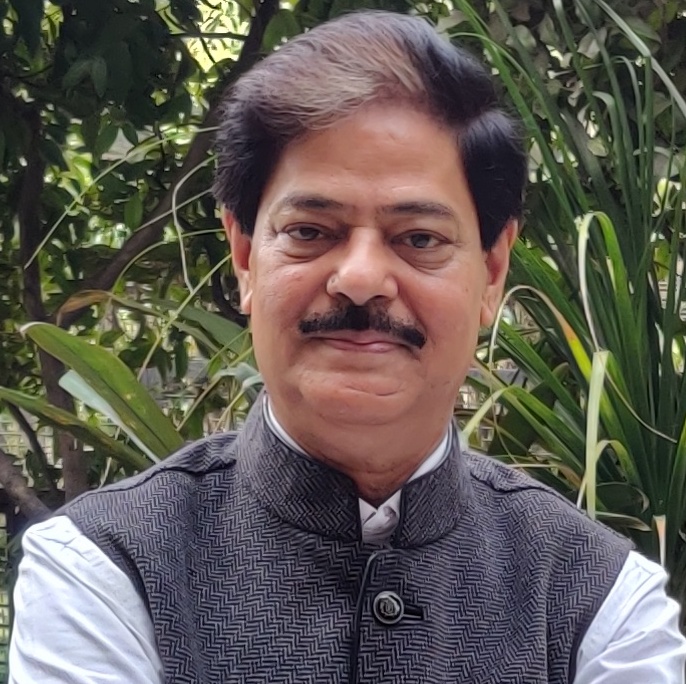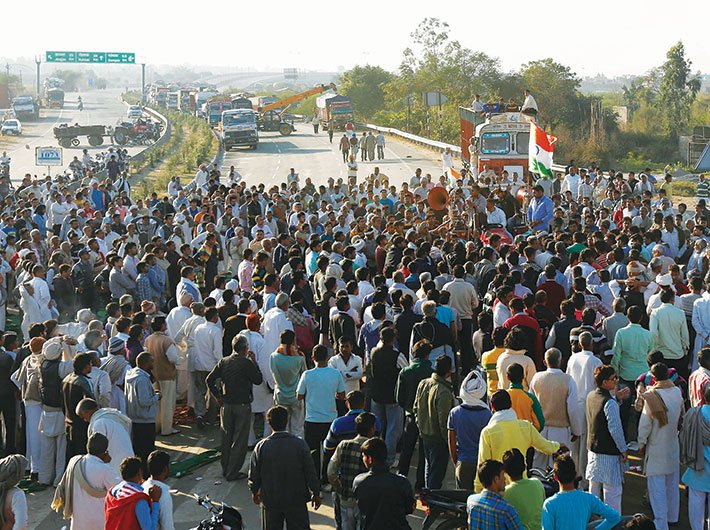Not only law and order in Haryana has been exposed, but also unruly public behaviour calls for a greater attention
The recent spate of violence in Haryana was terrifying. The uncontainable rage led to a virtual collapse of law and order in vast swaths of the state. Large-scale violence was witnessed including loss of human lives and that of public and private property. The sudden spread of mob violence marked by loot and arson recalled the memory of what had happened in Delhi in 1984 and in Ahmedabad in 2002. It is tragic that no administrative lessons have been learnt from the last two scars.
Two distinct aspects of this latest round of violence must be flagged and analysed. First is the completely unacceptable failure of law and order in close vicinity to the national capital. Second, and equally vital, is the mob mobilisation through an undemocratic method and for an inequitable ‘cause’ – the near criminalisation of human psyche at a mass level.
It is the bounden duty of the state to protect human lives and their properties, including public property which is a national asset. It gives no credit to us to fail in this constitutional responsibility. Clearly the violent activities of those who targeted national assets in Haryana now and other places earlier should be considered nothing but anti-national.
But the bigger question is, how the situation was allowed to deteriorate so much that for three-four days large-scale violence continued without any control by the administrative machinery. That brings the role of senior civil and police officers into sharp focus. Disturbing images have appeared including helpless stranding of passengers and more sinister allegations of violence against women.
Year after year, senior officers concerned with district and police administration are not only briefed but also given specialised training at the cost of the state in well-known academies and institutes. It is pitiful that all these trainings and briefings become meaningless when they are preciously needed. Why and how the machinery collapsed (notwithstanding the ritualistic formation of enquiry commissions etc.) needs to be considered and answered by not only every single officer who failed to maintain order but also the higher echelons of bureaucracy.
That brings us to the next important point – the worrisome fact that any social discontent or cultural discord brings on streets hordes of people ready to attack, loot and indulge in violence in protest against any perceived or real grievance. Without getting into the methodology available for protests in a democratic society, the more calamitous concern is the sudden morphing of ordinary people into a mob of criminals. Who are these people? In Haryana’s case, most looters and arsonists may not have been even ‘bad characters’ as per police records. It is quite possible that many of these were ordinary townfolks and villagers whom we meet in local markets, bus stands, railway stations, hospitals etc. However, we had the dreadful spectacle of finding them act like goons.
In such a scenario, nobody is safe and no property is inviolable. Our quest for growth and parity with developed countries gets greatly undermined by such violence, apart from inviting ridicule and criticism from the developed world. The denial of human right to live in peace and with dignity stands out as a sore thumb. It militates against building a civil and inclusive society that basks in the glory of a sound social capital.
Such a violent streak of human psyche needs detailed examination by social scientists and behavioral psychologists. Deep introspection is required to build a national conscience that would demur at such crass jingoism and would act as a bulwark against mob violence. There should be a serious mechanism to segregate criminal elements from non-criminal populace that gets swayed in a surcharged atmosphere. More importantly, there can be no excuse for the district and police administration to fail so miserably. Stray incidents of violence may happen anywhere in the world despite the best possible control but they would last for a couple of hours at most. Any spillover of violence beyond a few hours means nothing but callous ineptitude of those responsible to avert this at the best and tacit silence at the worst.
(The article was published in March 16-31, 2016 issue)

